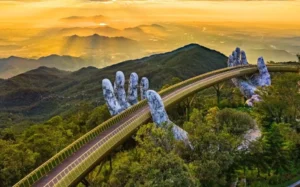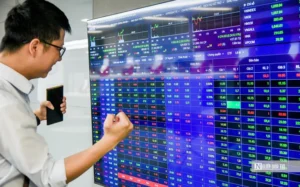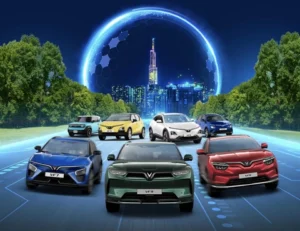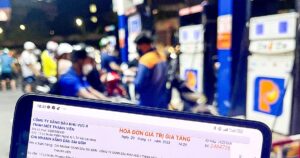Gulf countries have made important strides in unifying the development of a railway system connecting the entire region.
This is considered one of the world’s mega projects, with a total investment of up to 250 billion USD. The project is expected to last more than 2,100 km and is currently considered one of the largest infrastructure mega projects in the world, after the Neom smart city mega project (Saudi Arabia) worth about 500 billion USD and the Trans-European Transport Network worth about 600 billion USD.
It is estimated that this railway system will help ensure the flow of about 6 million people per year by 2030 and 8 million people by 2045. 95 million tons of goods will also be circulated in the region thanks to this ambitious railway project.
The idea of a rail link across the Gulf is not new. The countries in the region had planned to start the project in 2009 and complete it by 2018. But the volatile oil prices at the time made it difficult for the Gulf countries to raise enough funds for the expensive project.
But according to the Gulf News of the United Arab Emirates, the resumption of the rail project connecting the Gulf is now considered a step that cannot be delayed any longer. The newspaper acknowledged that the delays have caused the region to miss out on many opportunities and create unnecessary costs in connectivity. Rail has so far proven to be the most cost-effective transport system, while also reducing pollution, congestion and accidents.
Meanwhile, the Gulf Today newspaper believes that the rail system connecting the Gulf is not only a form of transportation but also a catalyst for growth for the entire region. If during construction, the project will create more jobs and stimulate growth for many industries, when completed, it will make the cities in the Gulf more attractive to investors.
The abundance of oil resources and abundant desert land has led many Gulf countries to prioritize the development of aviation infrastructure and 7-8 lane highway systems for vehicles.
But a rail network is now not only a vital artery for growth, it is also a key component of an infrastructure system geared toward a low-emissions era, according to the UAE’s Minister of Industry and High Technology. In the UAE, for example, a rail system running across the country is estimated to save more than 8 million tons of emissions each year. One train, it is estimated, could replace about 300 truck trips.















